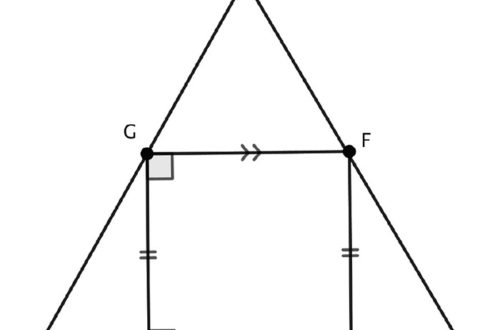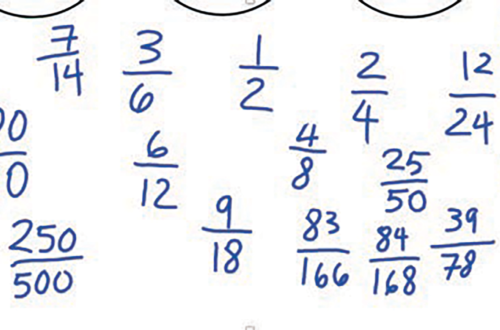Journal of the Mathematics Council of the Alberta Teachers’ Association
Volume 22 Issue 1, October 1982
A new school year has begun. What will 1982-83 hold for us as teachers of mathematics?
Technology has already made a significant impact upon us, but the impact will be even greater in 1982-83. While there are a few educators who view this as a sinister phenomenon, the majority see real possibilities, especially for microcomputer technology. Unfortunately, progress in the effective use of microcomputer technology will not be as great in 1982-83 as it could be, simply because there is no coordination of efforts. The government is moving at its proverbial snail’s pace, and school boards seem unwilling to put a few extra dollars into efforts to coordinate. Consequently, it will be groups of teachers here and there throughout the province who make progress with using the computer effectively in 1982-83. New textbooks have been approved for elementary schools. The impact of the changeover will begin to be felt early in the 1982-83 school year.
According to the “Agenda for Action” (published by the National Council of Teachers of Mathematics), the focus for school mathematics in the 1980’s was to be problem solving. Progress has certainly been made in this regard. Alberta Education has built a problem-solving focus into the revised elementary curriculum guide and published a pilot problem-solving booklet. However, its selection of new elementary texts suggests that it has not bought the problem-solving focus completely.
What are high school teachers doing with problem solving? One problem
has been published in the “Problem Corner” of each of the last eight
issues of delta-K. Teachers were asked to have their students solve
the problems and send in their solutions, but not one solution has been
received. Therefore, money – that great motivator – has been added as
an enticement for students to send in solutions. See the “Problem Corner”
of this issue for details.
Another event which could significantly affect your teaching in
1982-83 is the MCATA Annual Meeting in Edmonton, October 22 and 23.
Plan to attend.
BEST WISHES FOR A PROFESSIONALLY REGARDING YEAR.
George Cathcart
1 – 2
George Cathcart
3
George Cathcart
4 – 8
George Cathcart
9 – 11
George Cathcart
12 – 16
Summing Sets of Odd Integers: Patterns in Powers
Bonnie H. Litwiller and David R. Duncan
17 – 22
Product Differences of Consecutive Factors
David R. Duncan and Bonnie H. Litwiller
23 – 26
An Advisory Exam in Mathematics
Z.M. Trollope
27 – 33
Dissection-Transformation Activities: Rectangulations in the Plane
Medhat H. Rahim
34 – 35
Ron Cammaert
36 – 37
edited by William J. Bruce and Roy Sinclair
38



